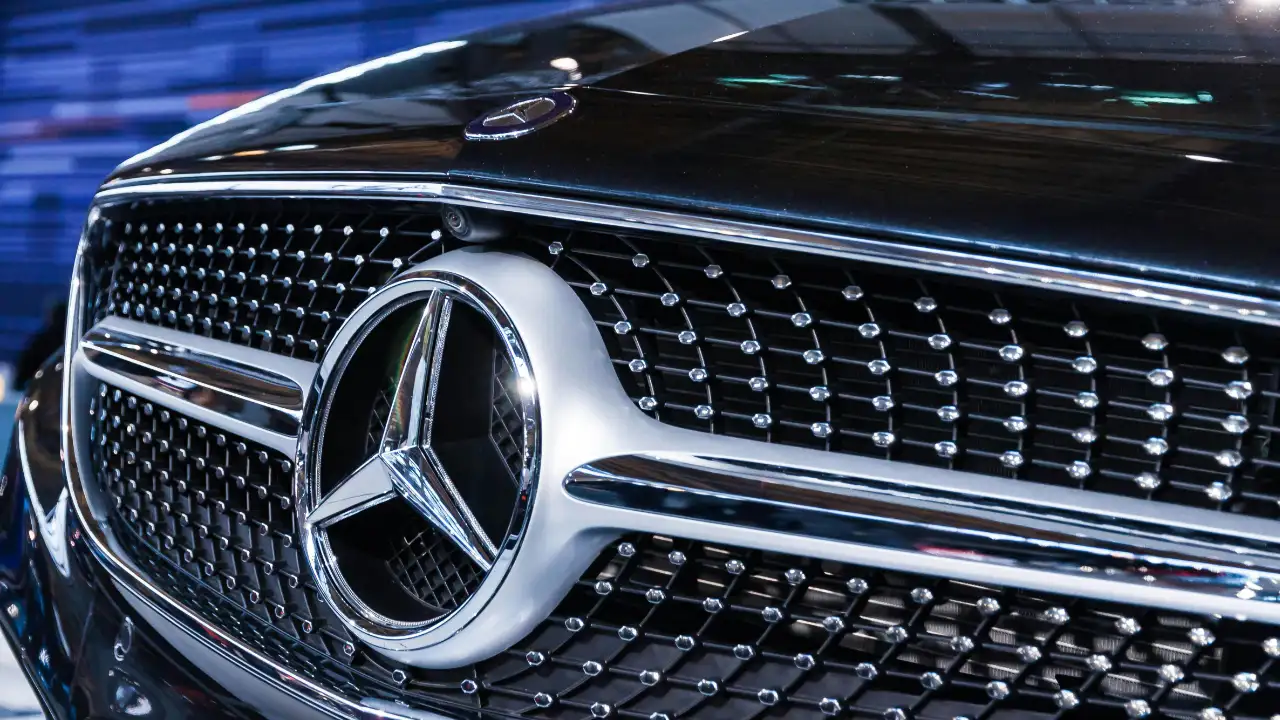
When building your E-2 visa investment, every dollar counts. Entrepreneurs often wonder which costs qualify as a legitimate E-2 visa expenditure, and a common question revolves around purchasing a vehicle. While a car can be a significant expense, it will only be considered a valid part of your investment if it is fundamentally necessary for the operation of your business. Simply wanting a car for convenience or commuting will not be enough to justify it as a business investment.
The “Necessary for Business” Test
Both consular officers and the IRS scrutinize vehicle expenditures very closely. To be considered a legitimate E-2 business expense, you must be able to prove that your business cannot function effectively without it. For example, a car for a remote-based consulting business or a software developer working from home would almost certainly be rejected as a personal expense.
However, it’s not just the need for a vehicle, but the need for a specific type of vehicle that matters. A luxury sedan for a landscaping business will raise red flags, whereas a heavy-duty truck would be seen as a reasonable and necessary tool of the trade. The expenditure must be proportional to the business’s needs.
When is a Vehicle a Legitimate E-2 Investment?
Here are some clear examples of business models where a vehicle is a necessary and justifiable E-2 visa expenditure:
- Service-Based Businesses: Companies that travel to their customers, such as cleaning services, landscaping companies, mobile repair technicians, or home renovation contractors, require a vehicle to transport tools, supplies, and personnel.
- Delivery and Logistics: Any business centered around the delivery of goods, from a local courier service to a floral or food delivery company, is fundamentally dependent on its vehicles.
- Mobile Operations: For businesses that are inherently mobile, like a food truck, a mobile pet grooming service, or a mobile car wash, the vehicle is the place of business and therefore a core investment.
Integrating the Vehicle into Your Business Plan
Simply listing a car on your list of startup expenses is not enough. The most effective way to justify the expenditure is to fully integrate it into your five-year business plan. Your plan should have a dedicated section explaining the vehicle’s role. Detail how it will be used for client visits, equipment transport, or deliveries, and directly link its use to your revenue generation model. Furthermore, the vehicle’s cost, insurance, fuel, and maintenance should be accurately reflected in your financial projections, demonstrating that you have thoughtfully considered all associated operational costs.
Best Practices for Your E-2 Visa Vehicle Purchase
If your business genuinely requires a vehicle, you must document it properly to ensure it strengthens your E-2 visa application.
Make it a Clear Business Asset
The cleanest way to demonstrate the vehicle’s purpose is to register the title in the name of your U.S. business, not in your personal name. This legally designates it as a company asset. A strategic next step is to brand the vehicle with your company’s logo and contact information. This is a powerful piece of evidence because it is a public declaration of the vehicle’s commercial purpose, making it difficult to argue it is primarily for personal use.
Maintain Meticulous Documentation
Keep detailed records of everything related to the vehicle. This includes the purchase receipt or lease agreement, title, registration, and a business-specific insurance policy. If you also use the vehicle for occasional personal trips, a mileage log that distinguishes between business and personal use is highly recommended to prove its primary role is for the company. Adhering to these standard IRS practices demonstrates a high level of professionalism and transparency.
Making Your Vehicle a Strong Part of Your Investment
A vehicle can absolutely be a strong component of your E-2 visa expenditure, but only when its role is indispensable to your business operations. By ensuring the purchase is necessary, registering it to the business, and keeping immaculate records, you can confidently include it as part of your substantial investment.
For more detailed information on E-2 visa requirements and guidance on legitimate business expenditures, explore our free resources or schedule a consultation with us. Our team is here to assist you every step of the way.


